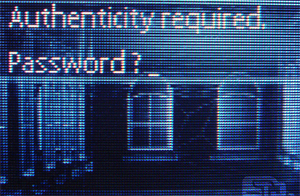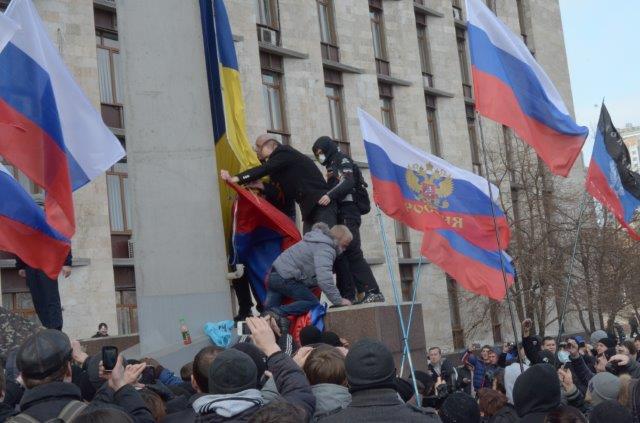 Internet companies in Russia, starting August of the current year, will give user information to the FSB, including usernames, passwords and account activity information.
Internet companies in Russia, starting August of the current year, will give user information to the FSB, including usernames, passwords and account activity information.
This is reported by Vedomosti citing the members of the work group within the Ministry of Communication of the Russian Federation.
As the medium notes, starting August 1st, the so-called antiterrorist legislation amendment package will be enacted.
The new norms will oblige the Internet companies to preserve data about their users for half a year and give it to according bodies conducting operative and investigation activity upon demand.
What kind of information the state wants to get from the Internet companies has been written down for the first time in the statute of the FSB, cited by Vedomosti.
The document poses that law enforcement bodies need practically all information regarding the actions of users of the worldwide web.
These are user identification (
username), all email addresses (both the main one, and the one used for forwarding),
their contact list, contact categories (friends, subscribers), the amount and volume of messages received and sent by the user, all the changes made to the account and attempts to delete it.
They will also have to share information about how and what kind of social media pages, Internet forums, blog hosting the user has visited with the special services.
The state is interested even in the names of devices that the Internet users employ to go online, and what programs and DNS servers are being used.
The Russian special services have decided that they also need access to data about paid services, which the users buy from Internet companies, including the sum and name of the payment system. This norm does not include selling goods through the Internet.
However, the companies are not obliged to retain and share the contents of mailing, posts, comments and other messages of the users.
According to the medium representatives, first and foremost these norms will affect such social networks as Facebook, Twitter and VK.com, blog servers and forums. Educational, scientific, cultural web sites etc. are not subject to the new norms.
Source: Life.Pravda
Translate by Mariya Shcherbinina




